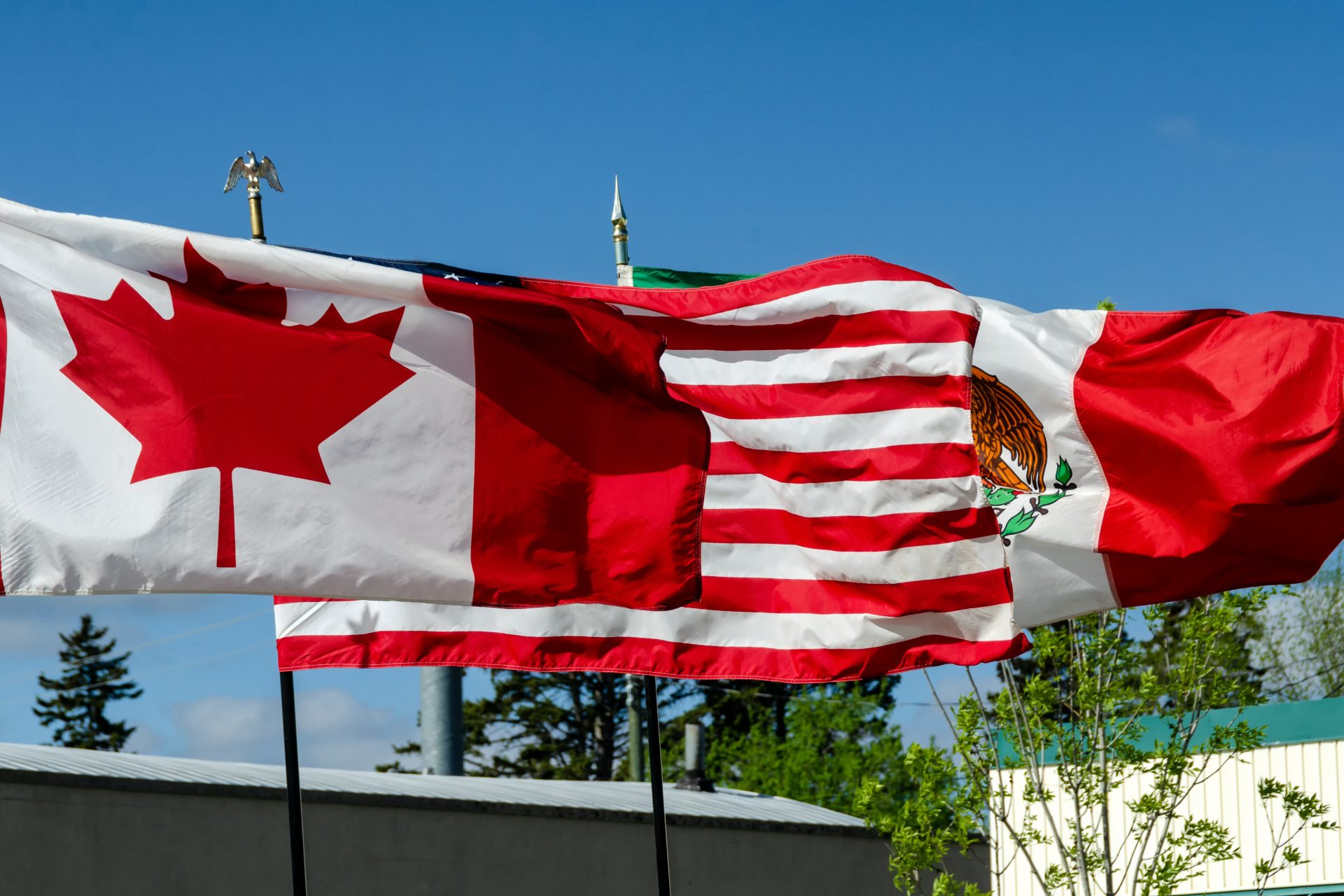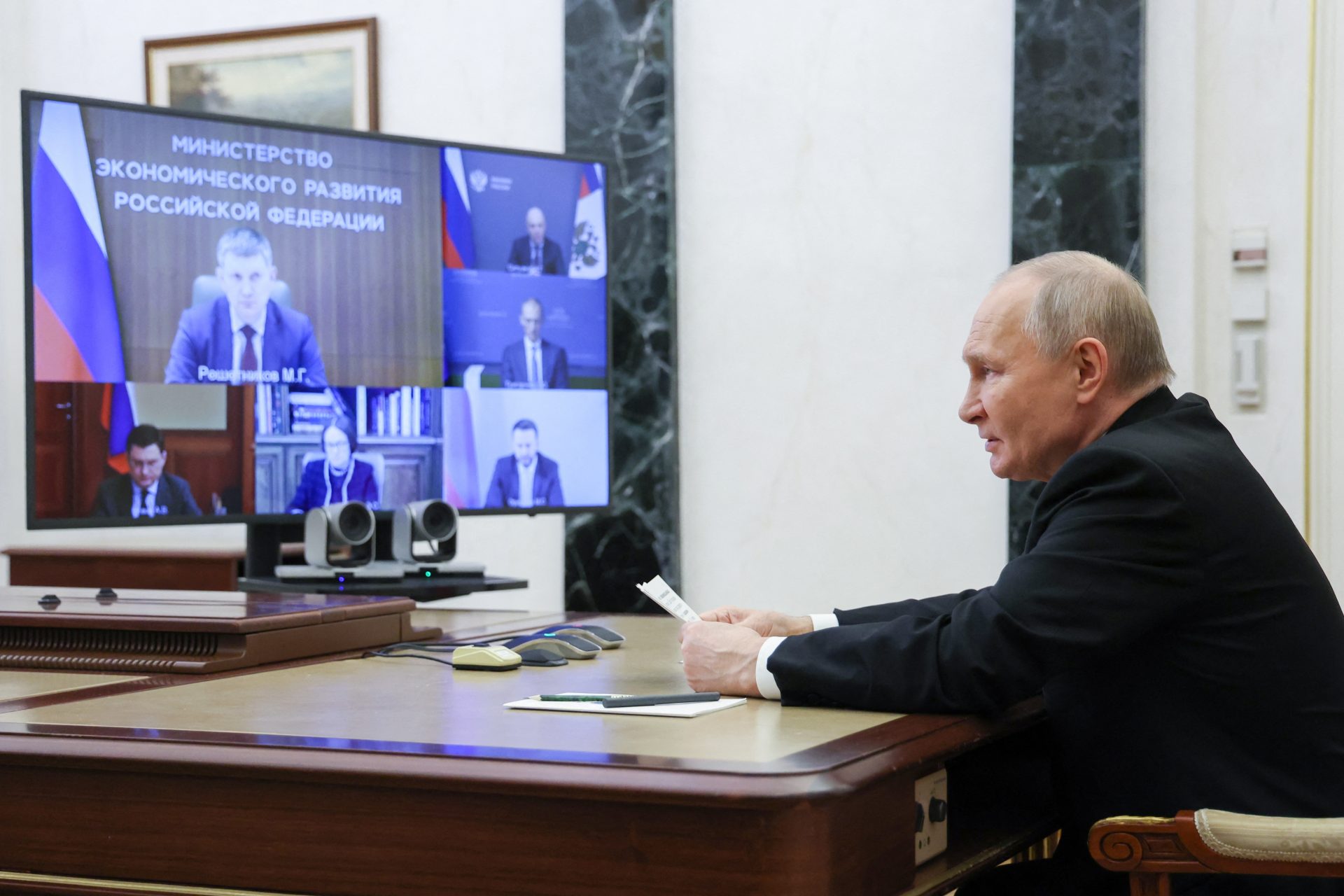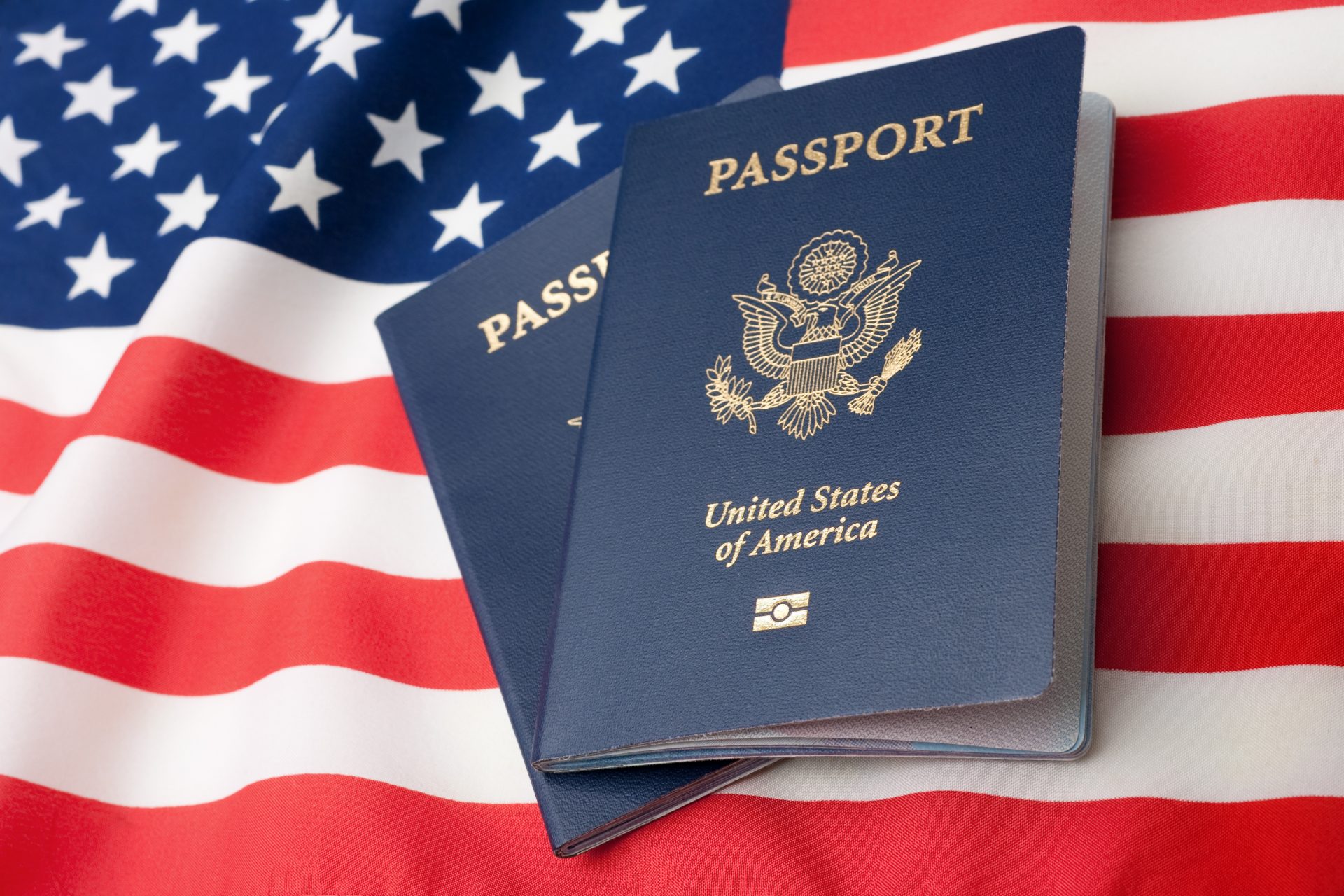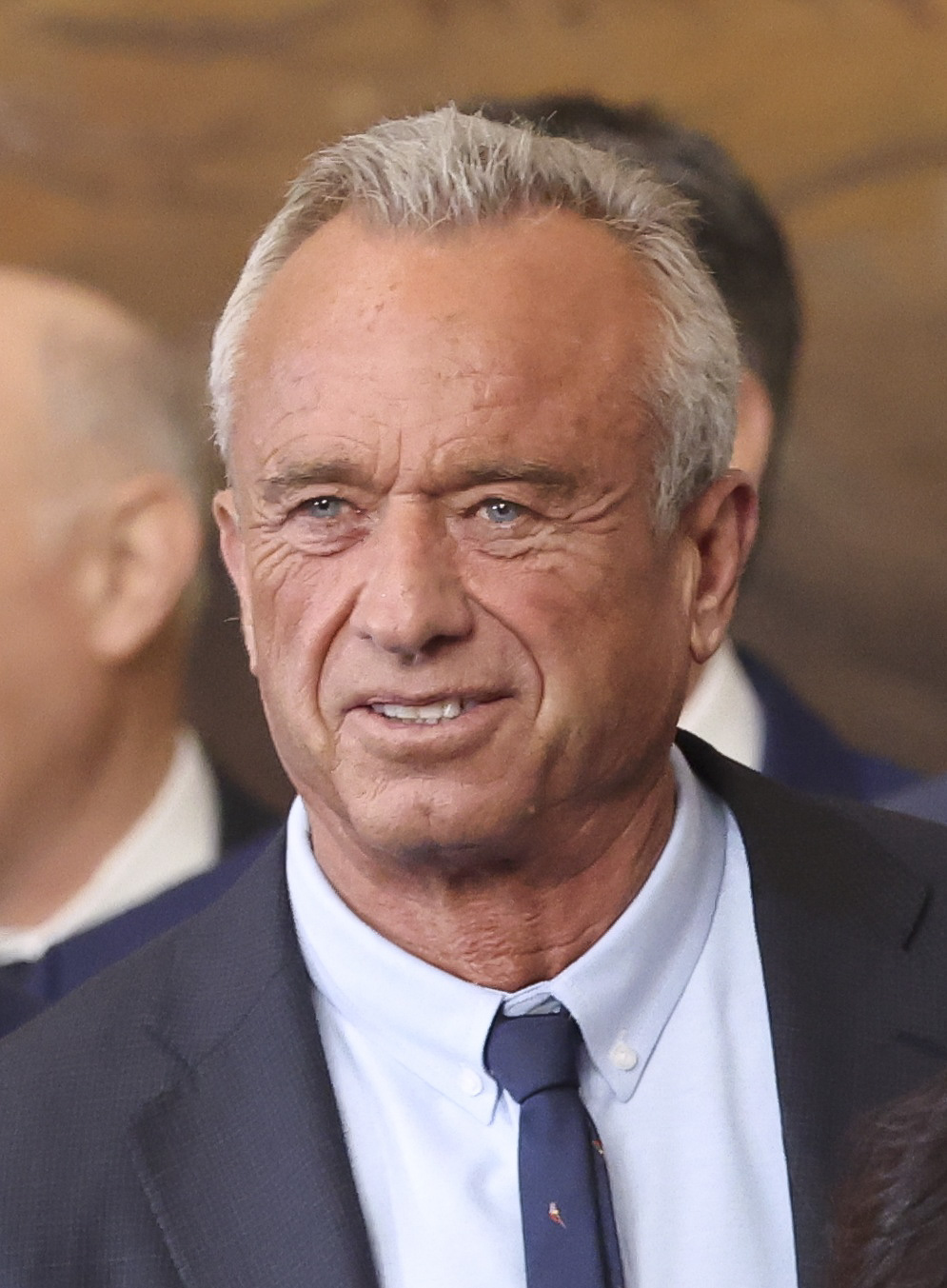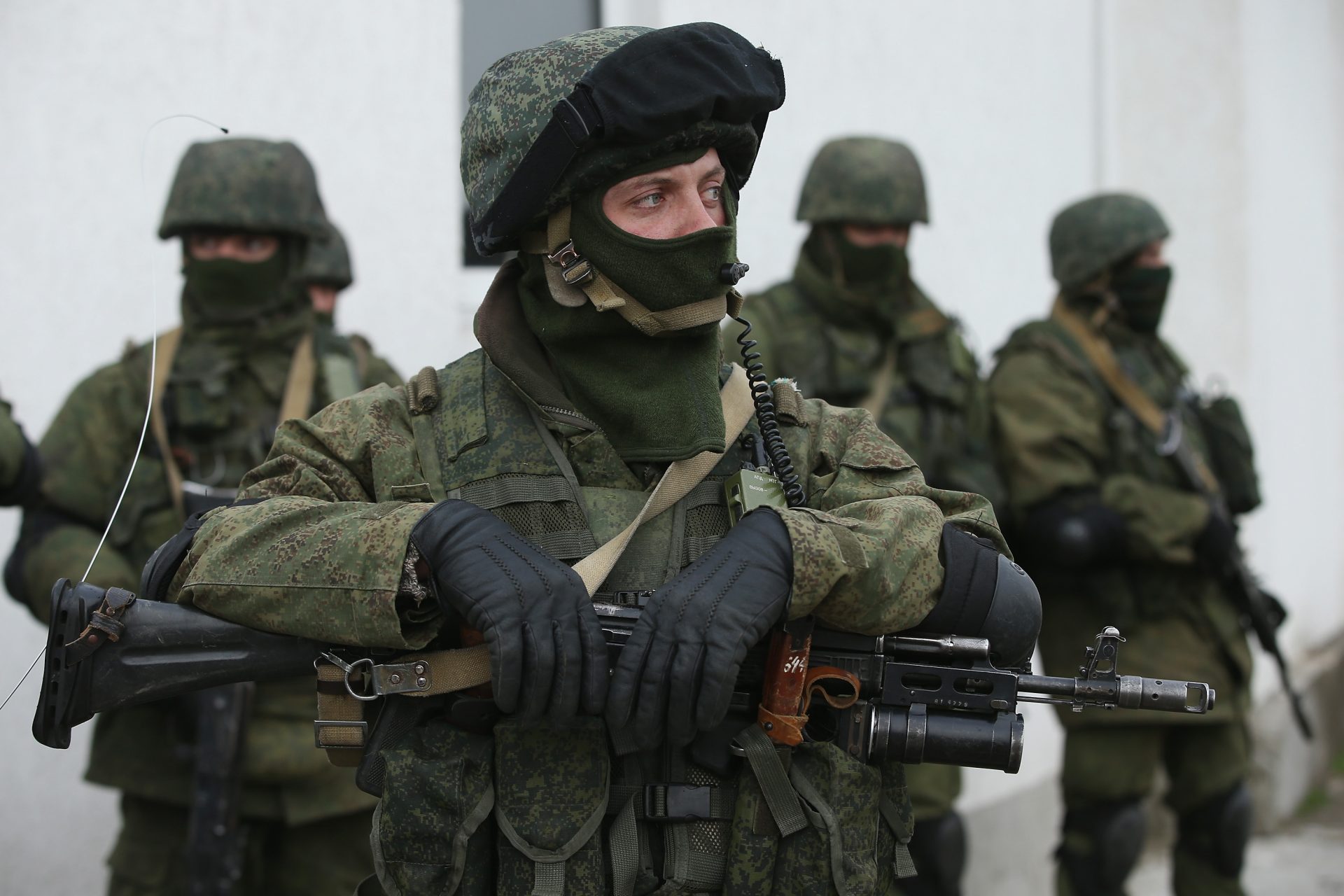Somalia is on the brink of starvation, UN warns
The Integrated Food Security Classification (IPC), a UN affiliate that measures hunger, warned this month that if more aid is not delivered by April 2023, 69% of the population will suffer from food insecurity.
According to the IPC, 1% of the population is already suffering from famine, its most severe category of hunger.
Furthermore, some 5.6 million people, or 33% of the population, were classified by the IPC as living in a “crisis level of hunger or worse” between October and December.
Somalia endured consecutive failed rainy seasons, plunging much of the country into severe drought, and prompting the government to declare a state of emergency in the summer.
This is an event not seen in at least 40 years, according to experts.
UNICEF reports more than 1.7 million children across Ethiopia, Kenya and Somalia that are in urgent need of treatment for severe acute malnutrition, the deadliest form of the condition.
Rania Dagash-Kamara, UNICEF deputy regional director for eastern and Southern Africa, said in a statement that the risks are particularly high for children in Somalia who now are living on the frontlines of the climate crisis.
Image: Gyan Shahane/Unsplash
“We have an estimated 386,000 children in Somalia who are in desperate need of treatment for life-threatening severe acute malnutrition. If I compare this to 2011, which was a famine year, we are now exceeding the numbers we had then, which were 340,000 children that required treatment at that time,” Dagash-Kamara said.
More than a quarter-million people died in the Somali famine of 2011, half of them children under the age of five. Dagash-Kamara says children are dying from a combination of malnutrition and killer diseases, such as measles and cholera.
At particular risk of famine is southern Somalia, where the presence of fighters from al-Shabab, a Somalia-based Islamic armed group, makes humanitarian access a challenge.
“Somalia alone used to import 92% of its wheat from Russia and Ukraine, but supply lines are now blocked. And the war is exacerbating spiralling global food and fuel prices, meaning that many in Ethiopia, Kenya, and Somalia can no longer afford the basic foodstuff they need to survive,” she said.
“The lives of the most vulnerable are already at risk from malnutrition and hunger; we cannot wait for a declaration of famine to act. It’s a race against time to prevent famine,” said El-Khidir Daloum, the World Food Program’s director in Somalia.
One of the first acts of Somalia’s new president, Hassan Sheikh Mohamud, was to appoint a special drought envoy, Abdirahman Abdishakur Warsame, who ran against him in last month’s presidential race.
“We’re calling on the international community to act fast while we still have some hope of preventing widespread famine in Somalia,” the FAO’s representative in Somalia Etienne Peterschmitt said.
Image: Mathias Reding/Unsplash
The UN estimates that $2.3 billion is needed to plug the gap in its humanitarian assistance in Somalia. So far, its member countries have provided just over half of the required funds.
Somalia is competing with other global emergency hot spots for funding as food insecurity spreads around the world, the agencies added.
A report released by the WHO in 2021 warned that climate change is the "single biggest health threat facing humanity," and said that while no one is safe from these risks, people in low-income communities are most vulnerable.
More for you
Top Stories






















